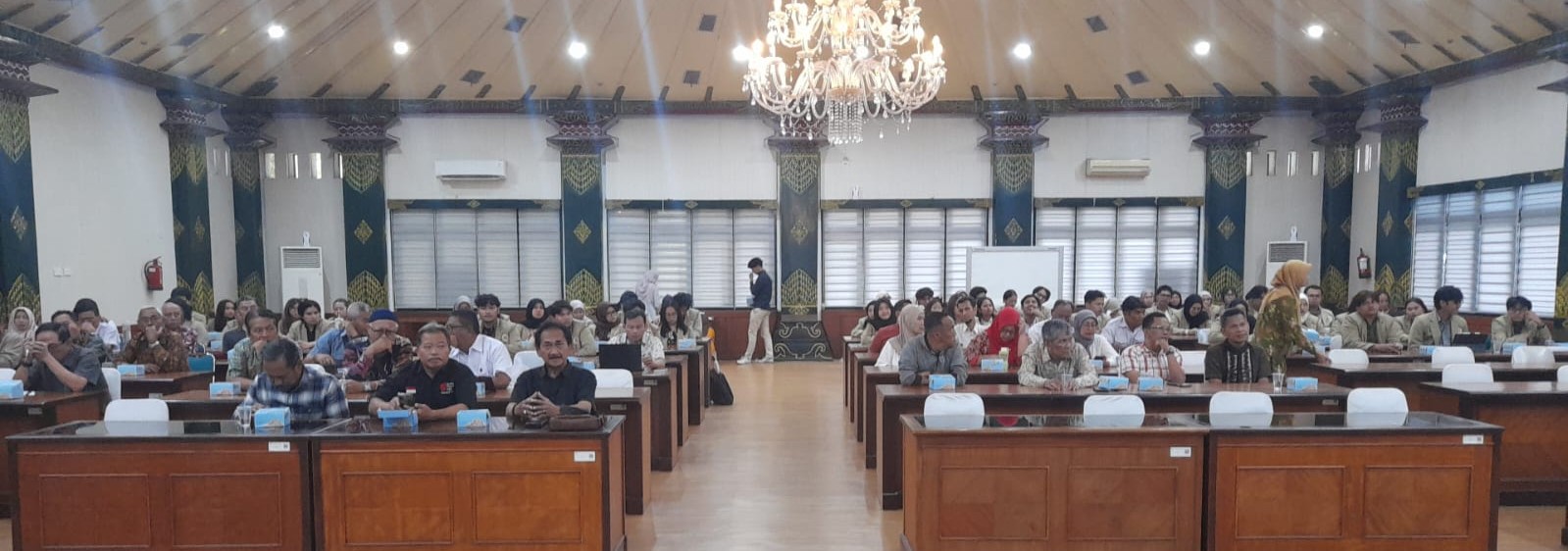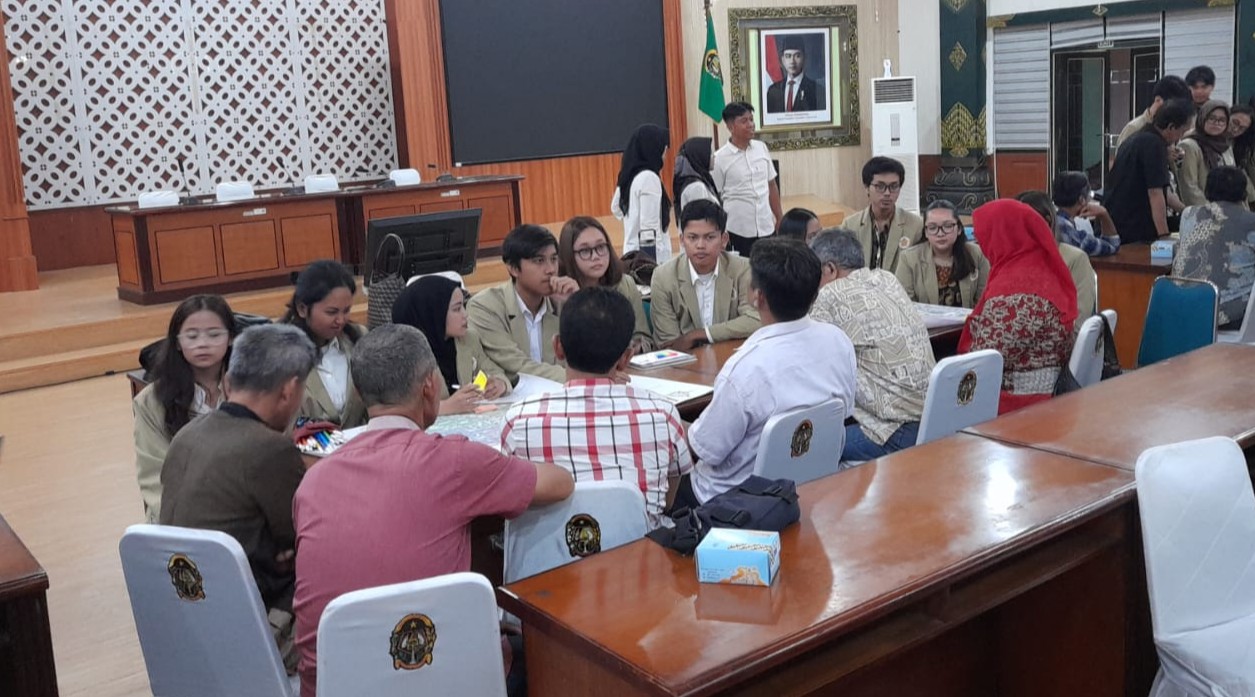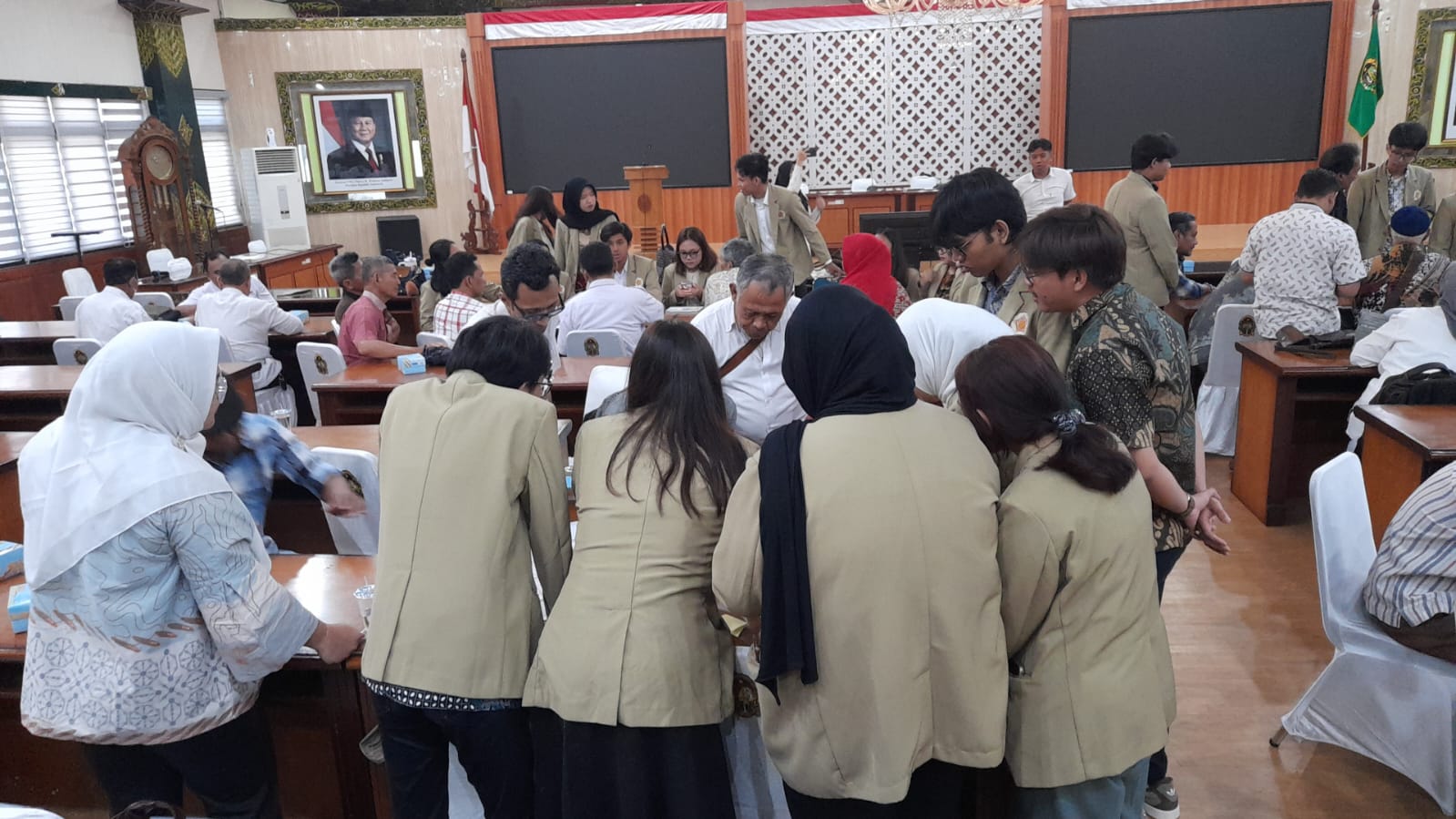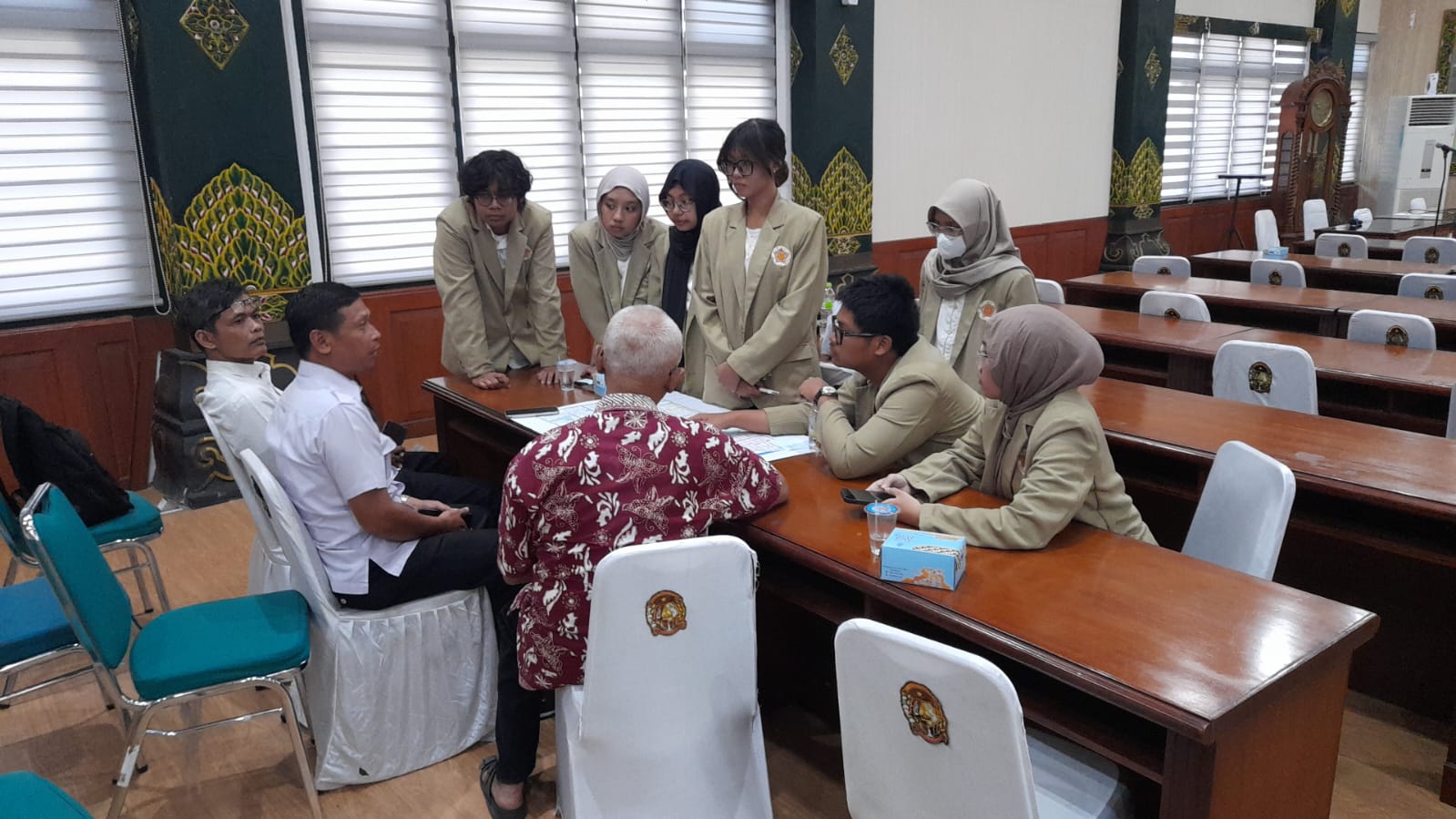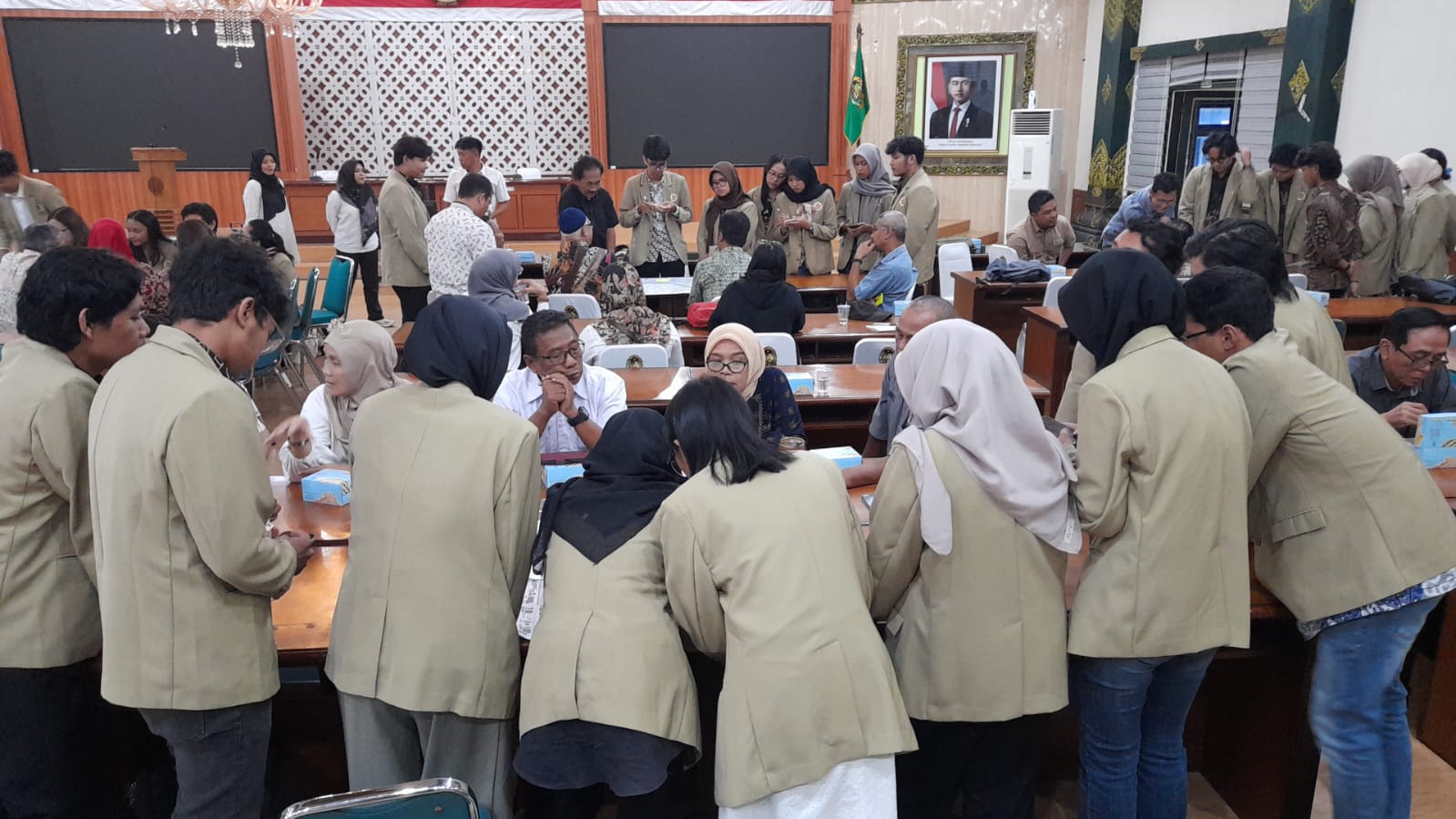Students from the Urban Area Planning Studio in the Urban and Regional Planning Program (PWK), Universitas Gadjah Mada (UGM) actively participated in the planning activities for the Code River area, organized by the Division of Housing and Settlement Areas, Department of Public Works, Housing, and Settlement Areas (PUPKP) of Yogyakarta City. This initiative is part of the Yogyakarta City Government’s efforts to formulate an integrated direction for the development and management of the Code River area. Through their involvement, students had the opportunity to connect academic analysis with the real-world needs and dynamics of urban planning in the field.
As part of the process, at least two Focus Group Discussions (FGDs) have been conducted with the participation of the Urban Area Planning Studio students. The first FGD was held on Tuesday, 30 September 2025, at the Arjuna Meeting Room / Auditorium of the Investment and One-Stop Integrated Service Office (DPMPTSP), 3rd Floor, and the second on Wednesday, 8 October 2025, at the Bima Meeting Room (Main Upper Room), 2nd Floor, Yogyakarta City Hall Complex. Each session discussed planning issues related to the Code River area, which spans several urban villages, including Prawirodirjan, Ngupasan, Wirogunan, Purwokinanti, Cokrodiningratan, Gowongan, Suryatmajan, Keparakan, Terban, Kotabaru, and Tegalpanggung.
Through these discussion forums, students engaged directly with various stakeholders, including local government representatives, community members, and academics. They participated in data collection, issue identification, and the exploration of area potentials that could be developed into planning proposals for the Code River area. This hands-on engagement enriched their learning experience by helping them understand the social, economic, and environmental contexts of urban areas.
The Urban Area Planning Studio at UGM is designed to strengthen students’ ability to analyze and formulate planning strategies based on empirical data. Students are expected to connect real-world phenomena with relevant theories and planning concepts, identify key issues and potentials within an area, and prepare realistic plans and implementation programs. Furthermore, the studio fosters collaborative and professional teamwork across disciplines, preparing students for integrated planning practices.
The students’ involvement in the Code River planning process aligns with the spirit of the Sustainable Development Goals (SDGs), particularly Goal 11: Sustainable Cities and Communities, Goal 6: Clean Water and Sanitation, and Goal 17: Partnerships for the Goals. Through this activity, students not only learn about the technical aspects of spatial planning but also contribute to building an inclusive, adaptive, and sustainable city for the people of Yogyakarta.
Reported by Rindi Dwi Cahyati
